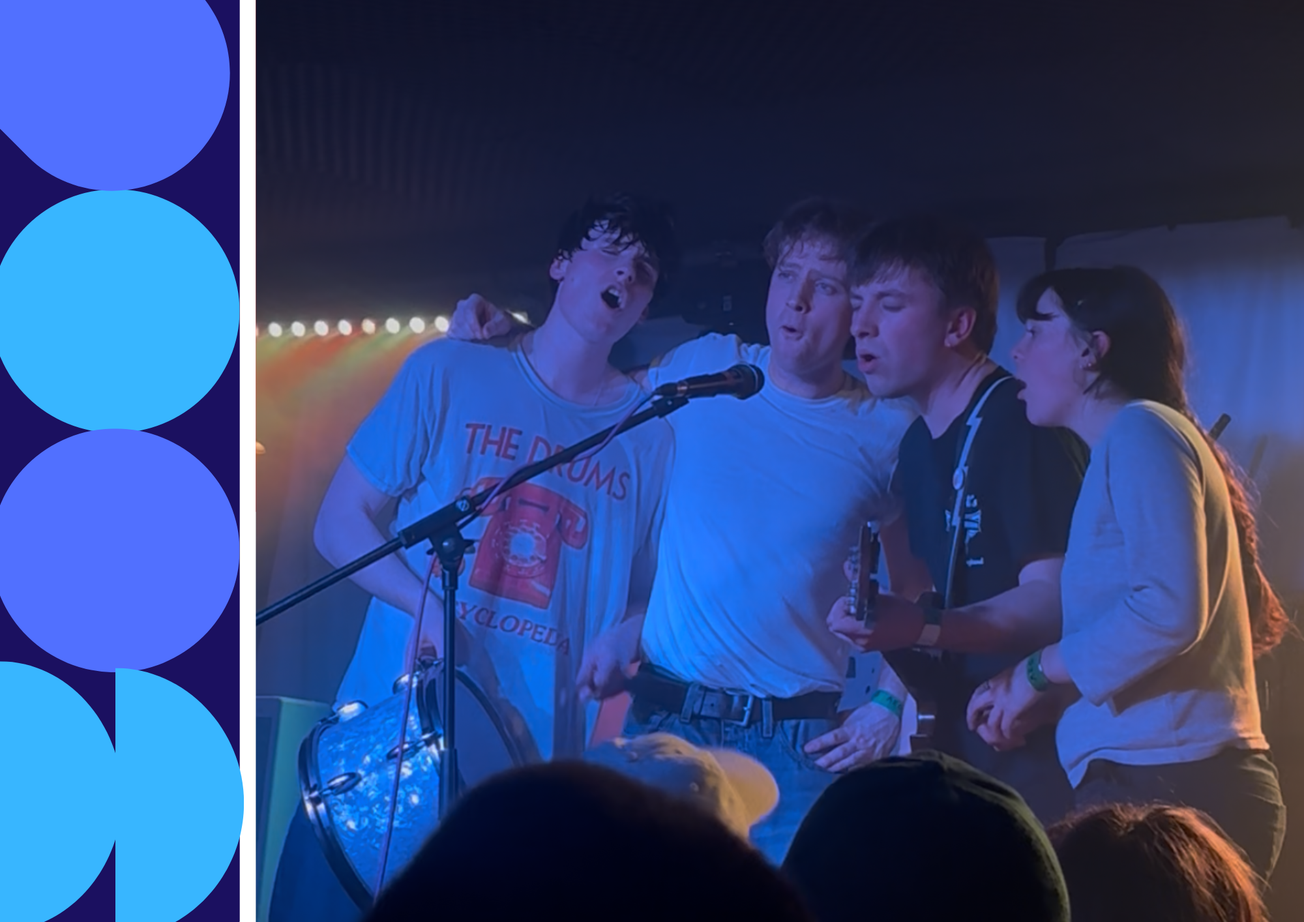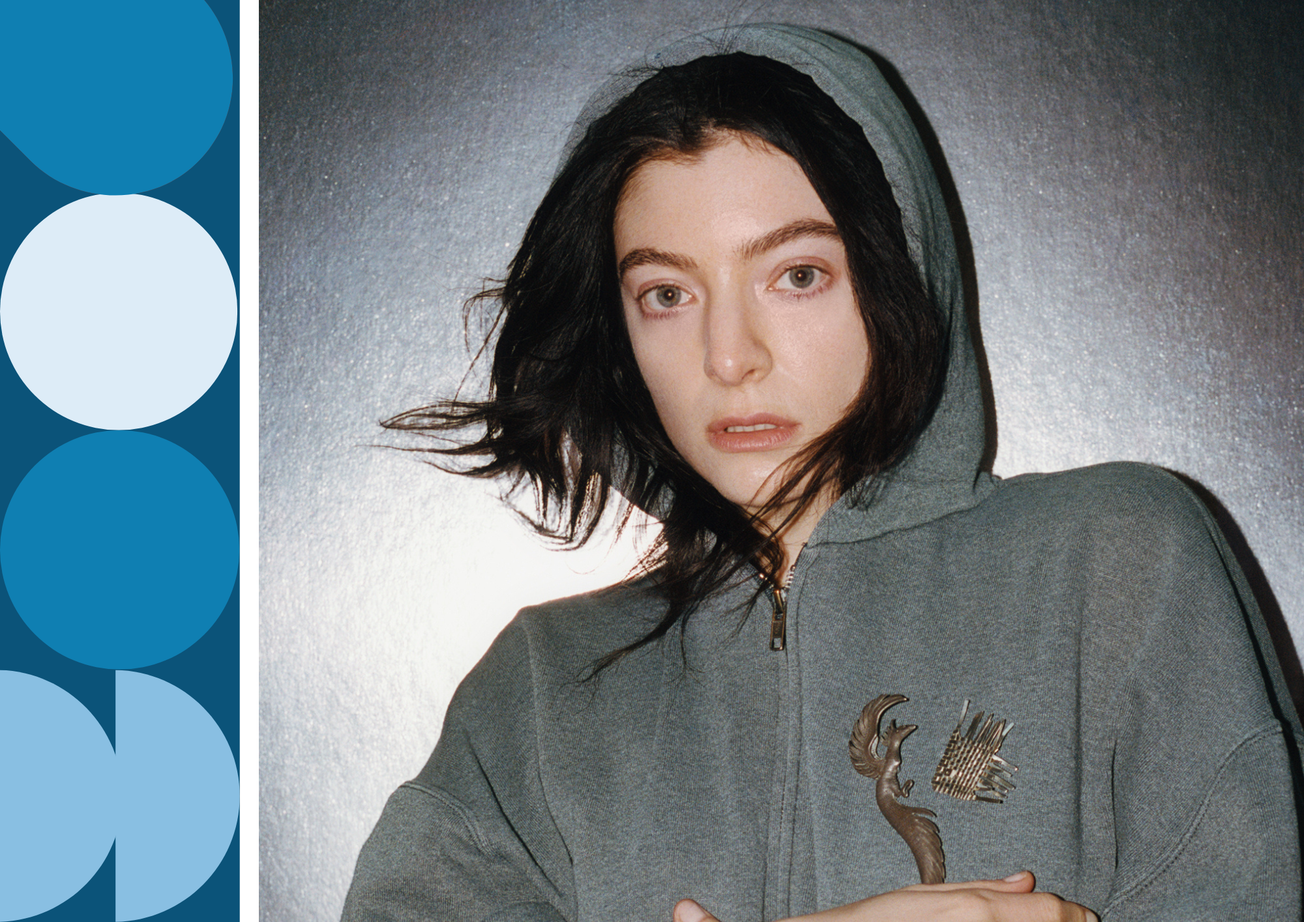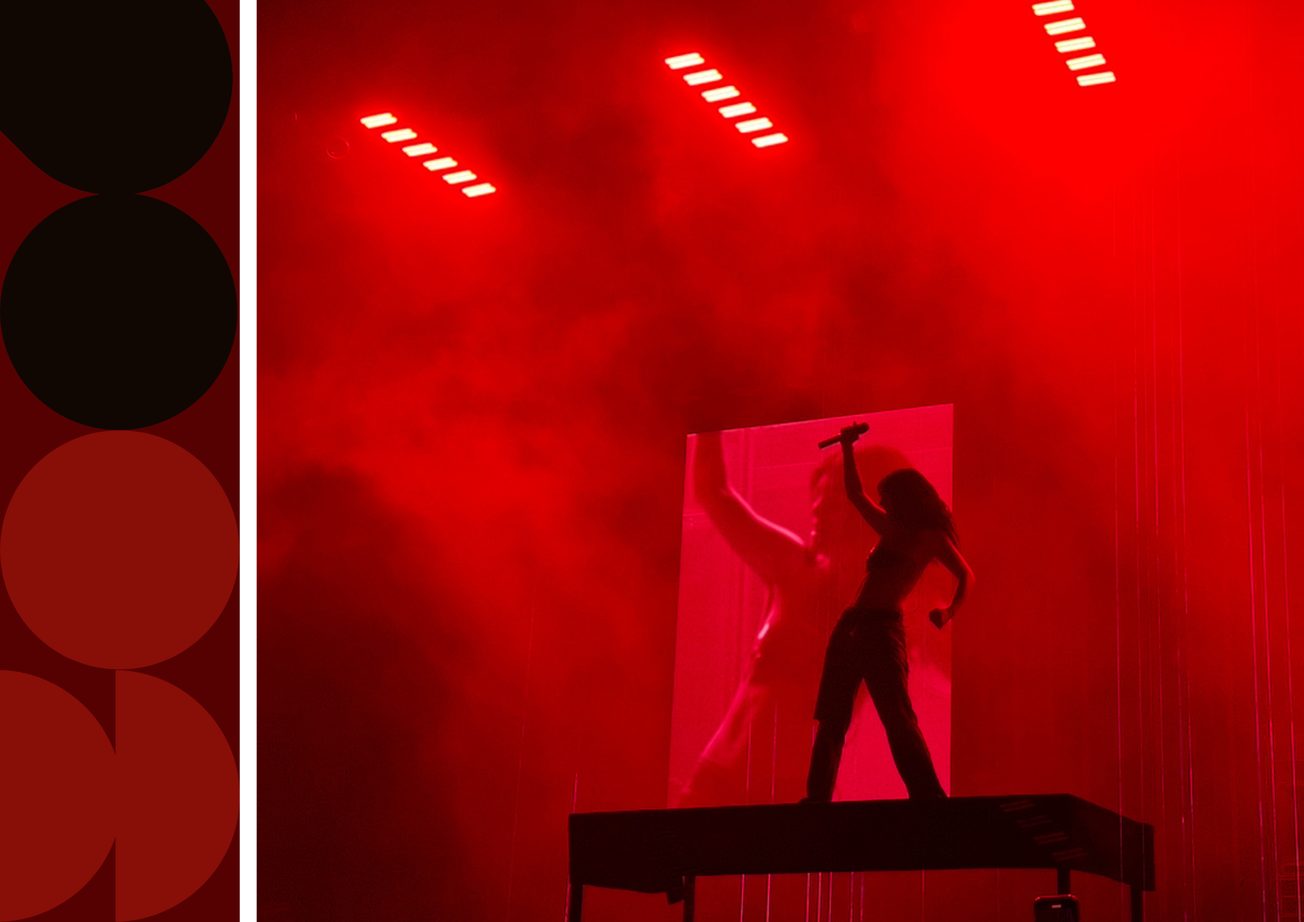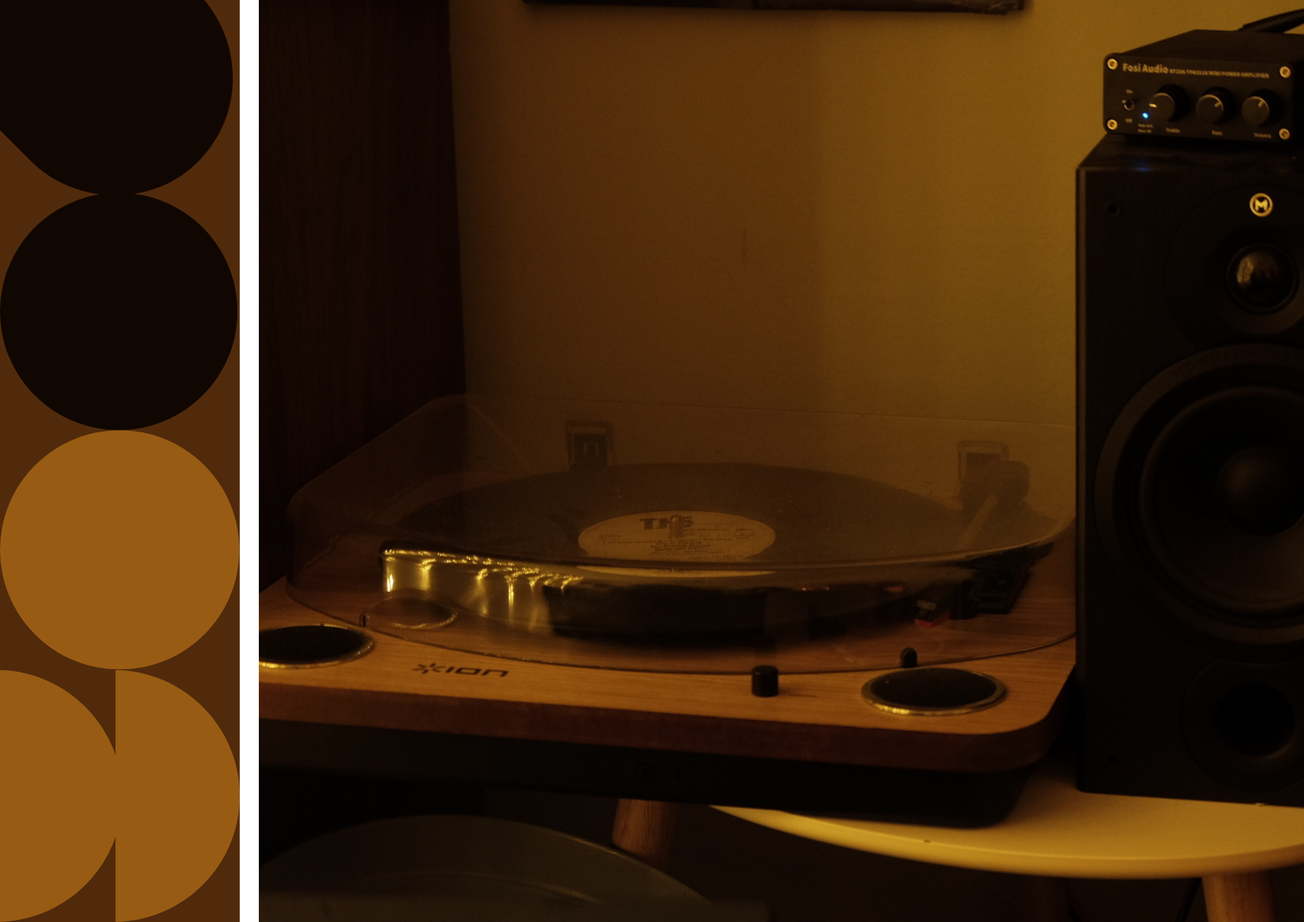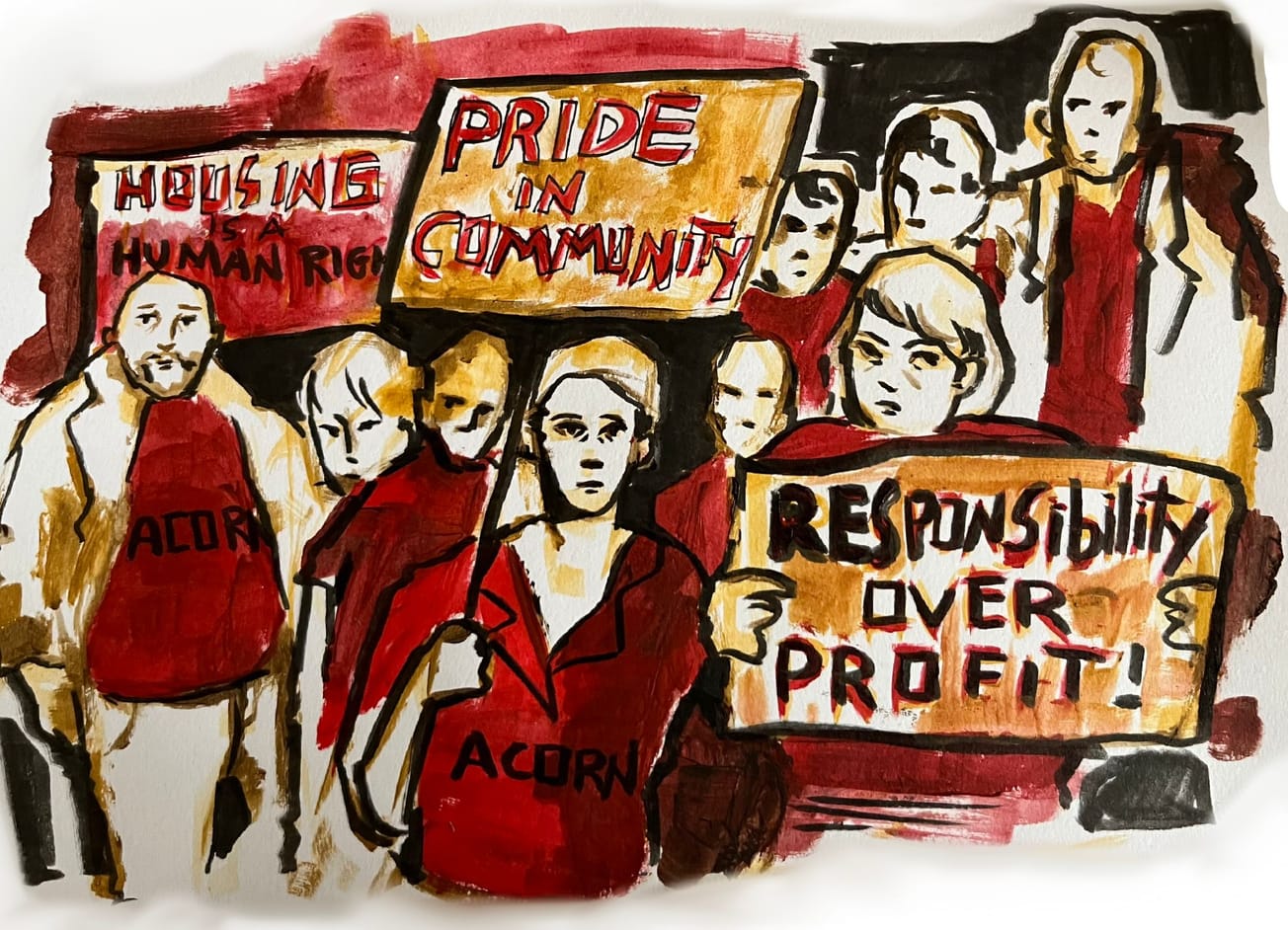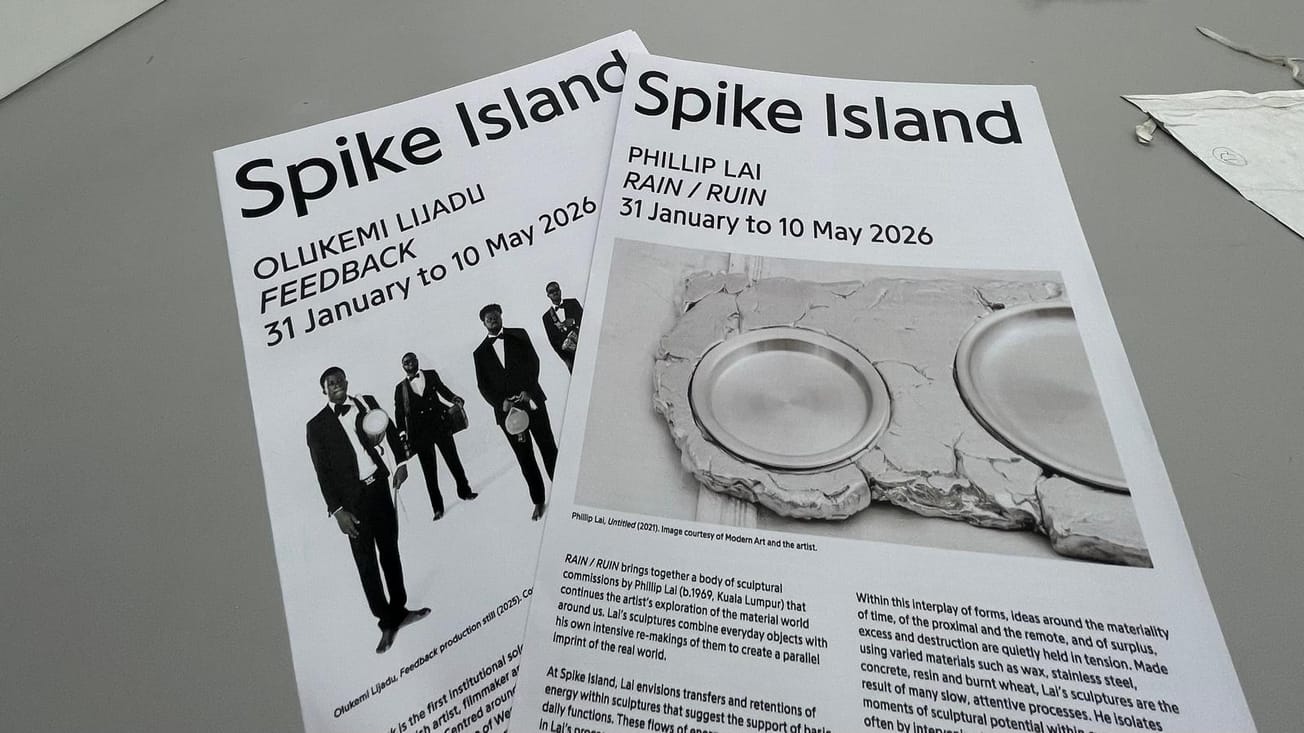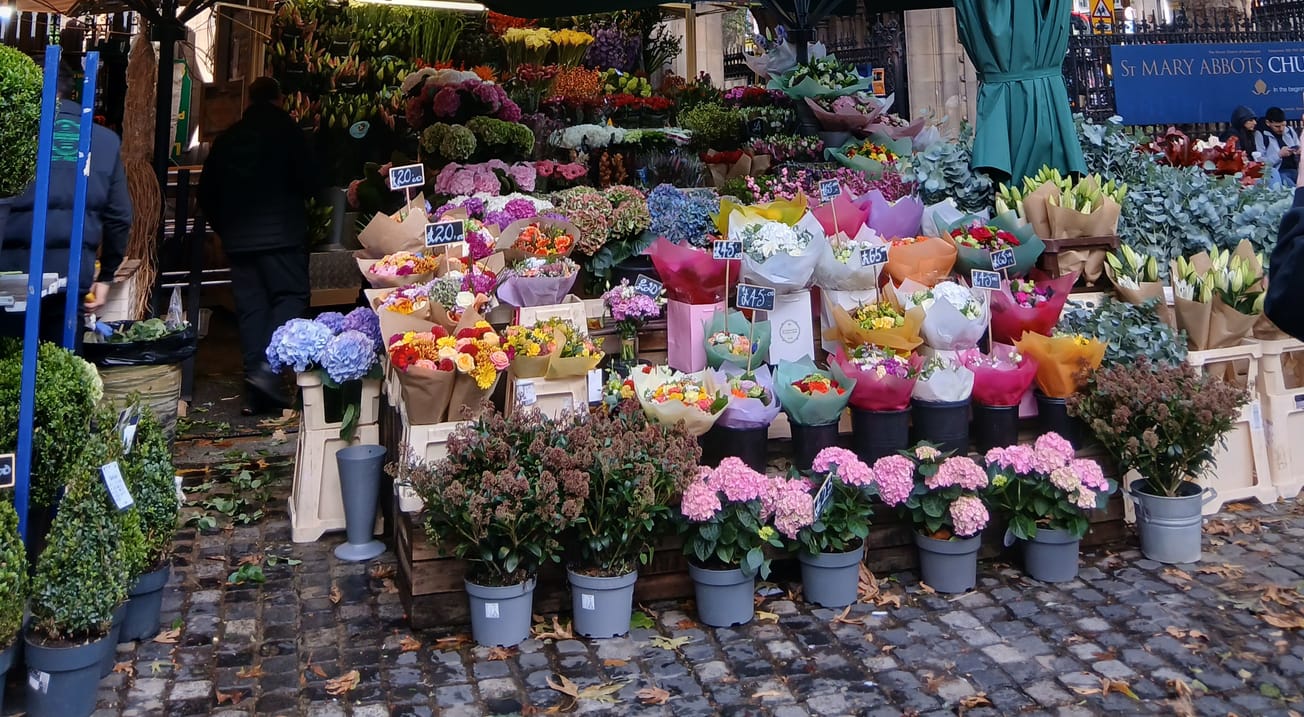By Anna Kell, Modern Languages
'Horror, it seems, is the semi-genre that Eilish has latched onto to both facilitate and express her creative vision', Anna Kell reviews Billie Eilish's debut album.
In 2010, Thorpe Park’s Board of Innovation decided that amongst their theme park’s fleet of roller-coasters, something was amiss – their teenage demographic was simply just not being scared enough.
The result of this realisation was to fling open the wrought-iron gates of a gleaming new attraction: ‘Saw the Maze’ - an interactive walk-through horror experience, innovatively sloganed: ‘Escape the Jigsaw’, a far cry from the park’s usual sugar-rush thrill rides. Inside, the average teen could now whoop it up amongst some fake blood on the walls, flinch at a few intermittent shrill sound effects, and even get the chance to jump out of their very own skin, courtesy of a few amateur actors, clad in bloodied psych-ward gowns, who relish in creeping up behind you at any moment to scream at you.
Nine years later, it’s quite possible that a 17-year-old in her LA studio writing session caught the warm Californian wind of this concept – promptly pounding it into her iPhone notes before transforming it into a horror-pop album, doubling as a homage to teenage angst with a touch of sadness. Surviving the jigsaw maze of Billie Eilish’s debut album is an uncanny simulation of this enthralling experience. Just listening to it gives you the fear that at any given moment, this blonde teen might, similarly, skulk up behind you and go ‘boo’ in your face.
The album firstly bypasses the usual self-titled debut convention, opting for a (shouted) philosophically profound rhetoric: ‘WHEN WE ALL FALL ASLEEP, WHERE DO WE GO?’. The album however is not a medical thesis on how to cure an aggressive form of teenage insomnia, but is rather the establishment of young artist’s individuality, experimental ability and creative prowess. Horror, it seems, is the semi-genre that Eilish has latched onto to both facilitate and express her creative vision –disturbing as it is, she has just about managed to pull it off.
Wanting a boy to die or to be gay instead, but also crying about him makes perfect sense in the underworld of this album. Eilish’s self-made genre is more complex than being just ‘horror’ music, (aside from some Darth Vader-like voice effects the odd distant scream), as this was never always Eilish’s style. After the emotive, yet snarly, indie-pop 2016 hit single, ‘Ocean Eyes’, Eilish immediately shot to fame. Her intangibly cool vibe and maturity was seriously unprecedented for someone of Eilish’s age, not to mention the metaphors that this then 14-year-old was firing, such as ‘burning cities and napalm skies’, that astounded everyone. These emotional but lyrically accomplished early singles excelled because they had Eilish’s teenage kick to them – calling them bittersweet would be an understatement.
For the album art, Eilish made the executive decision to remove her eyes, leaving their sockets bare as she smiles nightmarishly into the camera – it’s the kind of image that would give your mother a fright. You needn’t press play to guess that with this album, Eilish has killed off, organised and turned up to the funeral of her old self, paying a tribute to this ex-persona with a handful of emotional songs. Eilish has said ‘you don’t need to hate someone to write a song about hating someone’, which is remarkably true – most artists nowadays would cower from writing anything but the heart’s deepest truth, but Eilish’s ability to make something up and craft a believable narrative from nothing is nothing short of clever. If you take a look around, this kind of imagination is seriously lacking music today – it’s these crafted, but relatable scenarios that 15.6 million worldwide fans have latched on to.
Although the album emanates a powerful aesthetic identity, its nightmarish theme veers on the edge of trying too hard to be sad. Granted that it would be deconstructive to quash a young artist’s creative identity and expression, the album, perhaps unconsciously, perpetuates a sadness culture that transcends from the music and into Eilish’s public identity, which in turn, is influencing a vulnerable teenage audience. The track ‘xanny’, from a fly on the wall perspective, describes Eilish amongst vacant friends passed out on Xanax: ‘They just keep doing nothing, too intoxicated to be scared, better off without them’. Eilish’s reflection on the recreational use of drugs, although not being explicitly complicit with it, nevertheless introduces overdosing as a normalised ritual within this micro-culture of aestheticised sadness and despair.
Aside from this, Eilish’s early radio appeal has not, however, gone to waste – ‘bad guy’ is a pulsating dance-beat track with catchy, scaling synth riffs over Eilish’s signature syncopated breathing noises. It’s no wonder the song can be heard on the most mainstream of radio playlists right now – however, the mere shock of disturbing lyrics such as ‘staple your tongue’ are completely upstaged by the song’s hair-raising effect. The album’s jigsaw consists of racing songs like this, and more sedate ones - Eilish can do both and has refused to be reduced to one of these categories. It’s the album’s slower, gratefully received tracks ‘i love you’ and ‘wish you were gay’ that possess the same raw emotion and lyricism as Eilish’s earlier singles, however, they’re still thorny enough and spitting with vengeance to make you glad they’re not about you. Revenge has tinged the acoustic colours of some slower tracks on the album: ‘wish you were gay’ is about a boy who didn’t love Eilish back – if only he were gay, however, this rejection wouldn’t hurt so much. In a backwards kind of way, the track hisses with a similar vengeance as Carly Simon’s 1972 hit ‘You’re So Vain’ - in a minor key and five times slower, it could easily have come from Eilish.
The most technically accomplished and overall best song of the album is ‘when the party’s over’, a chilling ballad consisting of a blend of several hundreds of vocal layers, perfected over several months. What emerges from this labour of love in the studio is a wickedly eerie, addictive cacophony of voices that are all quite sad about being alone after a party. You picture Eilish walking home alone or crying in a mirror, but Eilish, of course, had other ideas for the music video – nothing screams sadness quite like downing a glass of black water and crying it out again.
The sheer audacity of Eilish’s rising presence in the industry, let alone her music, is bold. What surfaces from this is a disparity between what we expect from a teenage artist, and what Eilish has unapologetically delivered, arms folded. Perhaps being melancholy as what Billie Eilish has described as her ‘default’ state is a well disguised gift, rather than a curse - even if it bites.
Featured Image: Billie Eilish / Interscope Records
Want to write a review for Epigram Music? Get in touch...
Facebook // Epigram Music // Twitter


